Importance Of Physical Fitness For Babies
Even in this day and age, physical fitness for babies is something that most people take for granted. Some may not even realize the importance of being physically active for kids. However, being active is essential for life for so many reasons. This article will talk about the importance of physical fitness for babies.
Physical fitness is essential for better physical and mental growth and development. It also has many health benefits. It positively impacts their life and builds them for the future.
Physical fitness plays a vital role in a baby’s upbringing. It helps the baby to be active and to have a sound mind. It increases their self-esteem and helps them develop healthy habits. That can lead to continued good health throughout their lives.
The Importance Of Physical Fitness For Babies
Being active is very important. Physical fitness is beneficial to help children develop a healthy lifestyle. And that they can continue into adulthood. Physical fitness can have a significant impact on their educational and social lives as well. It also helps them develop specific skills they can keep into their adult lives.
Builds Self Esteem
Being fit builds a child’s self-esteem. It is because they will be able to do things better than others around them. This is particularly true when compared to other children their age. A child who is happy with how they are and with their development will be more confident in themselves when interacting with others.
When children gain confidence in their physical skills and abilities, they also become more confident in other areas of life. This includes social interactions, school work, and how well they relate with others. A child’s self-esteem is related to how well they do in school. Depending on the type of school, a fit and athletic child will have an advantage over the children around them.
Builds Self Confidence
Getting children active leads to a healthier lifestyle and builds confidence in them. When they are confident and healthy, they will also be more confident in other aspects of life. Especially in the classroom. Being athletic will give them an advantage over other children when competing against others.
Athletic children are more confident and have higher self-esteem as they advance through school. They may get by with a little less studying than other children. This will free up time for them to do other activities that they enjoy or to lead an active life. Better self-confidence will help the child to do better things in their adulthood.
Improves Basic Motor Skills
Being fit is especially important for young children because they are still developing essential motor skills. The help of a parent or caregiver is necessary to help a young child learn the basics of movement and coordination. Physical fitness gives them a foundation to build upon as they age.
It improves their coordination skills and agility, making them more confident in themselves. And learning new things in a safe environment. The better they become at motor skills, the better they know and engage in activities around them.
Better Immune System
A physically fit child also has a better immune system which means they will be healthier. And they will have fewer colds, flu, or other illnesses that could slow them or their peers down.
When a child is taking part in physical activities, it will help their immune system to be stronger. A better immune system leads to less prone to diseases. It keeps their cells in check, helping them ward off potential illnesses.
Better Academic Performances
The connection between physical fitness, self-esteem, and academic performance had been studied before. These studies find a direct link between physical fitness and academics at all ages. This includes when children are pretty young.
While their relationship may not be as defined from a young age, it does become more pronounced as children grow older. Studying hard for an exam may be more challenging for a child who is unfit and not very healthy.

Increased Health Benefits
Physical fitness also helps keep your kids healthy. When children are not active, it can have a negative impact on their physical and mental health.
More likely as they get older. This leads to what we call in the medical realm “internal medicine.” Internal medicine includes obesity, heart disease, high blood pressure, and other diseases caused by inactivity or poor diet. When a child is not fit, they are more likely to suffer from these side effects.
Physical activity strengthens body muscles, and bones and helps to maintain blood sugar levels. It also enhances the baby’s attention and memory and reduces the risk of anxiety, and depression. Engaging in physical activities daily helps children to maintain body weight and reduce body fat.
Enhances Mental Health And Social Skills
Physical fitness is not about helping your baby grow into a fit and healthy adult. But also about improving their mental health. Even if they can’t talk, they can develop better social skills and self-confidence through exercise. Besides this, physical fitness can improve posture and body weight. It also helps them develop good social skills that will help them navigate life.
Because of their body image, overweight children tend to have lower self-esteem and self-confidence. They are more likely to suffer from depression and other mental health problems. Physical fitness can help children with this issue. It will lead to more confidence in them. That can help them deal with the negative thoughts of being overweight.
Increased Participation In Physical Activities
Children who are physically fit can do many physical activities without any problems. They may be better able to compete with others in sports or outperform them. Being physically fit will also help them in their other school work. It can help them to participate in more challenging tasks and exercises within a safe environment.
Physical fitness is essential to the health and well-being of a child. When they are fit, they will be healthier as they grow older. They will have a better chance to lead active lives well into adulthood.
How To Maintain Babies’ Physical Fitness?
Maintaining a baby’s physical fitness is tough work. Let us have a look at how you can maintain fitness for babies.

Nutrients And Hygiene
Raising a baby is an exhausting task. You have to feed them, bathe them, change their diapers and keep them entertained. Parents must exercise caution when choosing how to provide food for their newborns.
This will ensure they remain healthy and strong until they start school. Cleaning their diapers timely is also essential to maintaining good hygiene. A good environment is the first step to maintaining babies’ physical fitness.
Regular Walks
The only way to ensure your baby is physically fit is to take them for regular walks. Yet, it’s not easy to do that with a newborn when you are tired and lack strength.
Many mothers prefer feeding their babies in a car, so they are close enough to pat the little one when he cries. Breastfeeding mothers should also remember that their babies must be able to sleep. All this will help them to grow up more fit and healthy.
Spending Quality Time
Besides, they also need to take care of the baby’s mental and physical health. For example, newborn babies like to tickle while chatting and laughing.
They also like music played in the background because it encourages them to do the same. There are many strollers available with these features and other useful ones as well.
Workout Routines
Physical fitness is as essential to babies as it is to other people. It doesn’t just make them stronger and healthier. But it also helps them grow into strong, healthy adults. Working out can help strengthen their bones and muscles, making them more attractive and appealing. Try to develop a routine for your baby and go out to do some exercises with your baby.
A good workout routine will not only build your child’s physical fitness. But also engrave the importance of doing exercises in your child. Make sure you’re making the routine according to the age and health of your baby. Also, you have to ensure a safe environment for your baby to do physical activities.
Limited TV And Video Games
Tv and video games are a form of entertainment, but they should be limited to some extent for babies. If your baby spends most of the day watching tv or playing games, it is not healthy for them. Try to encourage them to take part in physical activities outdoors.
Also, some fitness video games need both physical and mental exercise. If it is impossible to go outdoors, you can encourage them to play such video games. However, both watching TV and playing video games should be scheduled timely.
Do Not Overdo Exercises
While you are trying to maintain your baby’s physical fitness, be careful about not overdoing it. Excessive physical activities can be painful and even your children can hurt themselves. It is important to do exercises without interfering with your child’s other daily activities.
Even when you start encouraging your child to do exercises, you must take it slow. Instead of giving a rough time, start with basic exercises. There is no need to rush. The more basic exercises your baby can do, the more its muscles will be able to do more challenging exercises.
Adequate Rest
Rest is the most important thing to remain fit. After doing exercises or other physical activities, a proper amount of rest and sleep is necessary. It helps the body to repair body muscles and to regenerate energy. Without proper sleep, no amount of exercise can help a baby to remain physically fit.
Tips To Maintain Babies’ Physical Fitness
The importance of physical fitness for babies has recently been under the spotlight. Babies are growing quickly, and, to develop properly and have the overall development they need, they need to be active. Here are some tips for maintaining their physical fitness:

Take Them Out Of Their Bouncy Seat
Babies must sit up and move around at least every two hours. This encourages them to develop enough head control, and ‘eye’ coordination. And also leg strength to hold their own head up in the future. It may take time to get your baby used to staying in their bouncy seat as long as possible during the day. But once they get used to it, they will enjoy it much more and start developing the skills they need.
Make Tummy Time For Play
When your baby is beginning to roll over from his back to his tummy, you might be tempted to let him stay there and practice. But it is important to encourage your baby to keep trying to roll over. If he’s always on his back, he can get stuck with a flat head or miss out on some important milestones. Like lifting his chest off the ground and holding his breath.
So take the opportunity to put your baby on his tummy for playtime. He’ll want to lift his head up and look around, which is great for keeping that neck strong. When your baby is older, let him try tummy time with his head at the same height. If you play a little rough and tumble, your baby will be ready for the extra rough-housing when he’s older. He’ll also have an easy time playing on his own without hurting himself. That is because he’ll have stronger neck muscles that can support him.
Try Tummy Time With A Beanbag Or Pillow
As you know, the stomach is one of the earliest muscles to develop in the body. That’s why tummy time is so important to help the body grow strong. Beanbags or pillows are a great way to introduce tummy time before your baby can even hold his head up on his own.
They give him a little extra support, and they’re portable, too! Yes, they come apart every time he smacks it with his hands, but that’s also part of the fun as he gets older.
Keep Their Muscles Fit
Your baby’s body is developing rapidly. It is crucial to keep its muscles fit through various activities. Such as rolling over, pushing objects, and grabbing them. This keeps their muscles strong and flexible, helping them develop as they grow. Physical education and activity are crucial in developing motor skills, muscle tone, and coordination.
This is even more important if they become physically fit later in life. Research shows that lack of physical activity during childhood leads to chronic disease. Such as obesity and type II diabetes in later life. These chronic conditions can be avoided by maintaining a healthy lifestyle for their whole lives.
Sing And Talk To Them
For babies, this is like singing and talking to a friend. Singing doesn’t have to be formal or beautiful; try it. One of the best ways to bond with your baby is by being involved with them daily. Active play, verbal communication, and singing all help achieve this.
Encourage Crawling And Pulling Ups
If your baby is waiting for his cues to start crawling, keep things simple by letting him push up with his hands on furniture or toys. He’ll naturally get a sense of where to put his legs, and you can move things out of the way so he can explore on all sides.
If your baby has reached this point, encourage him to crawl. And then pull himself up to stand if he can take the first step without holding onto anything. He’ll be able to hold his own head up better, and he’ll be more interested in cruising around on his own.
Get Your Baby Used To The Water
Babies will eventually be able to swim. So let your baby get used to being in the water by gently tossing him in any type of pool while offering lots of praise. This includes a kiddie pool or a big kid’s swimming pool.
Keep Their Development Track
It is important to remember that babies should have a daily program of development. It is what you have designed for them, based on their age. These tips can be included in this routine. Helping your baby to develop the best possible physical fitness for their age.
What Happens If Babies’ Physical Fitness Is Not Observed?
Being physically active at a young age can lead to lifelong benefits. It helps babies develop lifelong habits. That will make them feel happy and healthy now and in the future. It is important to get babies moving by requiring them to take part in physical activities. It can be like walking or running from early on.

Overweight Problem
The most important thing that will happen is they will grow up overweight and unhealthy. Physically active babies get all the nutrients they need and do not put extra weight on them. Overweight people are a serious problem in today’s society. And giving them the best possible start in life is important. Healthy food and exercise at a young age help prevent growing overweight as an adult.
By making sure that babies are getting the proper amount of daily exercise. It is important to make sure they reach their full physical potential. Babies physically active are less likely to be overweight than adults. Most babies who are not physically active as newborns, will not reach their full physical potential as an adult.
Lacks Physical Development
Physical activity for babies is very important in their development. They need to continue their daily exercise at an early age. When they are infants, they should be allowed to stay close to their parents or caregivers. They should be able to take walks with them in strollers placed on runners. This provides them with a safe and healthy place to exercise. And also get the necessary nutrients for their excellent development.
If the exercises are safe and fun, the babies will develop good habits that will help them in their lives. Babies who are physically fit and healthy will grow up to be happy adults. Give your baby a head start on a lifetime of health by making sure that you provide them with daily exercise. You will help them develop good habits and they will have a lifetime of good health.
Lacks Social Skills
When the baby is not physically fit, it might be facing anxiety and depression. Those hinder the development of social skills and relationship-building capability in a child. They might feel shy and nervous to take part in group activities and interact with others. It also depends on how much of a good environment you provide for your baby to grow up in.
If you are a parent, you don’t want your baby to lack social skills or to be sitting alone. You must encourage your child to participate in physical exercises, and group activities. It helps to keep your child physically fit and also gives them a chance to get to know other people and enjoy their time.
Best Exercises For Babies
There is strong evidence linking physical activity with healthy brain development in children. Studies have found that the more activity, the less the risk of developing a disability such as ADHD, dyslexia, and dyspraxia. Let us have a look at some best exercises for babies.
Small Steps
Take small steps to get him used to moving around. If your baby’s brain hasn’t quite developed to a point where he can understand why you’re doing something like taking him for a walk, then you can do it. Take his favorite toy somewhere and encourage him to do something with it. Then you can move it to another location. You can also change directions so that he is constantly looking to see where you’re going.
Try different ways of getting him to move, such as dancing with him, a game of passing the toy, or music. It’s easy to get into a rut if you do the same thing every time you go out for a walk. So always be willing to try new things so that your baby is always engaged in what you’re doing.
Exercises
Always make sure that your baby is very comfortable when it comes to exercise. Never try and push him to do anything he doesn’t feel comfortable doing. This could lead to injury and the baby getting a negative opinion of exercise in general.
If you start with short walks and work up to long ones, that’s okay. It’s important not to stop because it seems like your baby isn’t enjoying it or having fun. Try different exercises that also help with strength development. Such as lifting objects and playing with a kickboard.
Playing Games
You can start playing games with them. Babies love playing. So it is important to indulge in physical activities to keep them active, healthy, and strong. Play with them without any rules. Playing action-packed physical games improves their motor skills while having fun as well.
Swimming
Take your baby swimming. This can help them develop better motor skills while they enjoy themselves. Swimming requires whole-body movement. And also will help your baby exercise full body effectively. It is also one of the best forms of exercise.
Walks
Make your baby walk as much as possible. Holding your baby in your arms while walking can improve their motor skills. This also can boost their confidence at the same time. Don’t worry about how you look when you go for a walk with your baby.
Many people think walking with a baby is sadistic and that it will result in the parent being worn out. It’s better for your health than not doing so. Because exercise helps lower fat in the body, lowering cholesterol levels.
How Much Physical Activity Does Baby Need Per Day
Babies require an extensive amount of physical activity per day to stay healthy and keep learning. They need the stimulation of their environment. That includes objects that they can move around, while they are in diapers. Babies also need to be able to crawl and walk. As well as practice motor skills such as grabbing and throwing things. Scaling up the amount of physical activity is a very important part of the baby’s developmental period.
When your baby is still learning how to crawl, encourage them to push and pull objects, moving their heads here and there. This will encourage the baby to be active. Babies who can walk should at least be engaged in physical activity for 3 hours throughout the day. It may include light activities and other hard activities. Parents need to check if their babies are engaged in any activities for a lengthy amount of time. It hinders the baby’s growth and development.
Conclusion
Physical fitness is an important part of our society and the benefits of being healthy are clear. While we often focus on keeping adults healthy, we also need to take care of the next generation. Active children grow up to be active adults continuing to contribute positively to society.
This article already discussed the importance of physical fitness for babies. Thanks a lot for reading till the end.
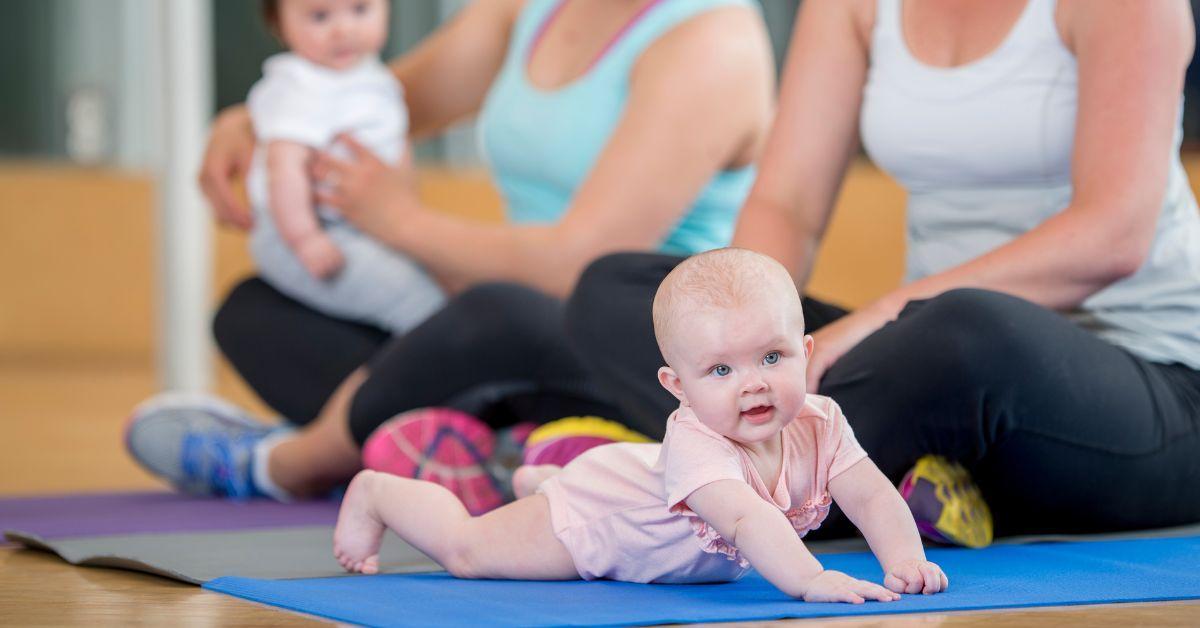
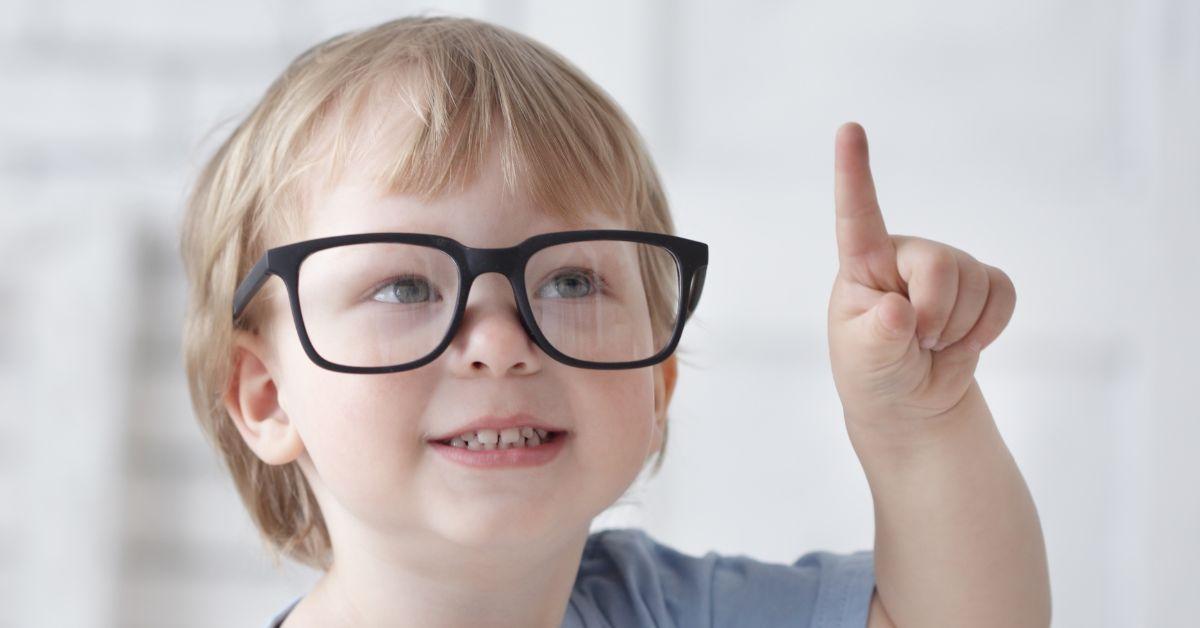
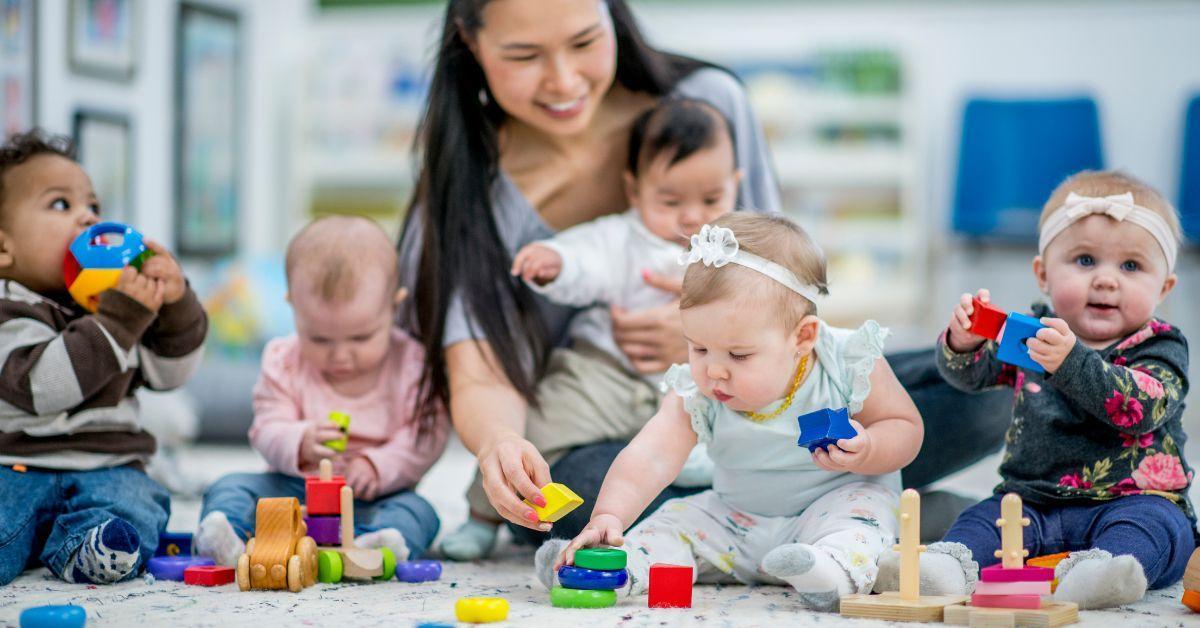
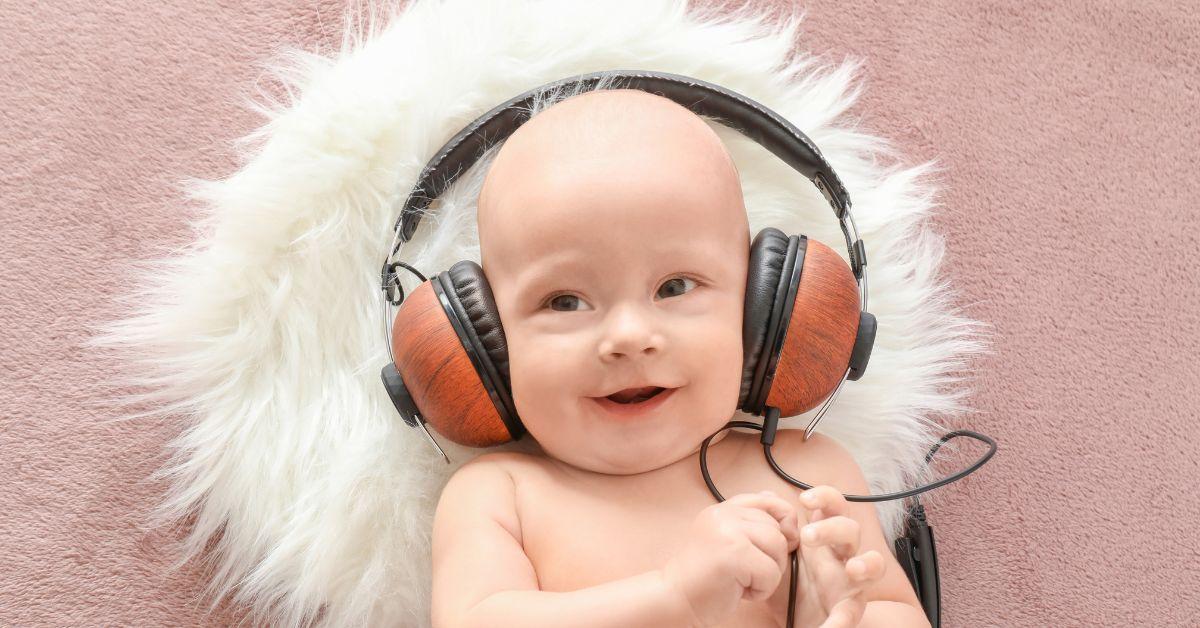
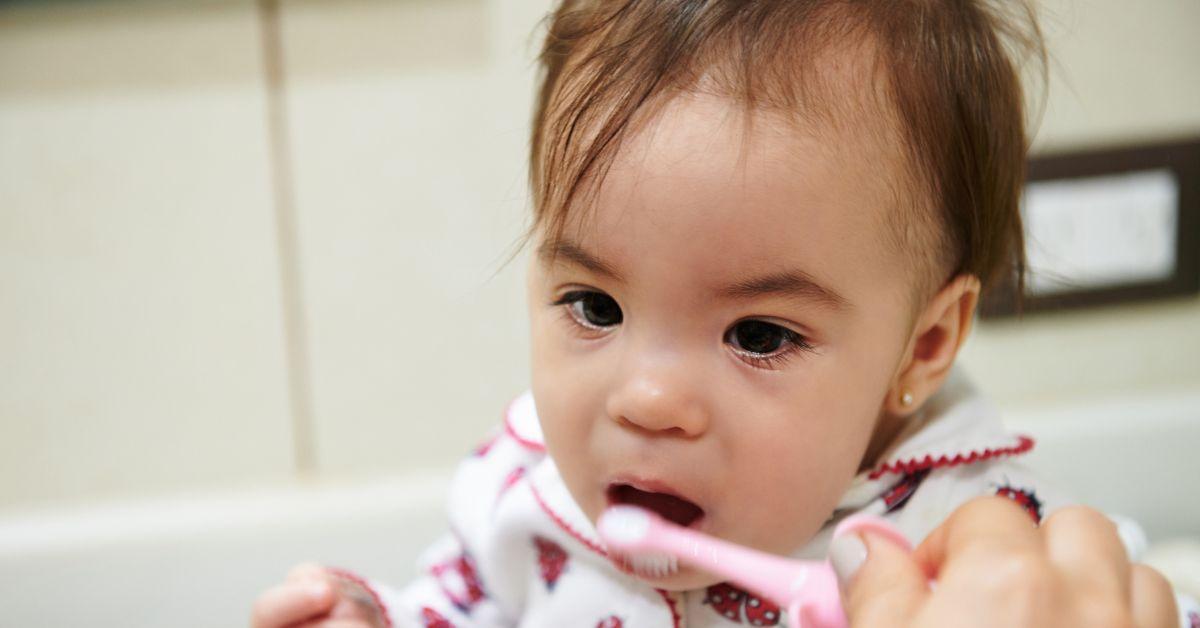
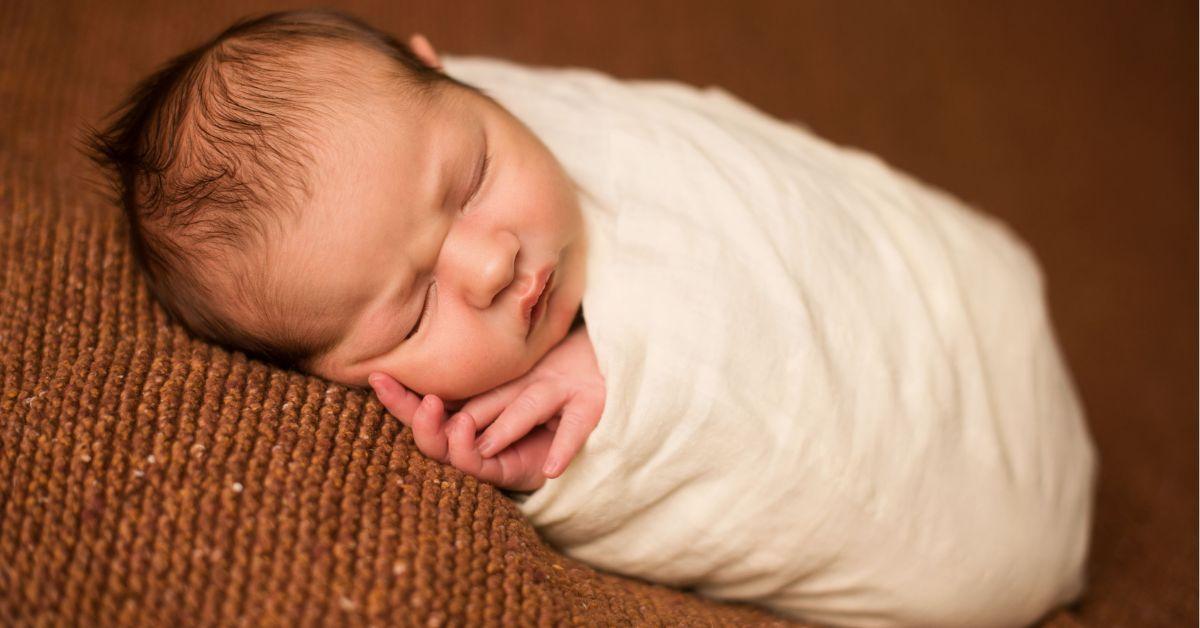
Jennifer Crowley
I'm Jennifer, a dedicated mother passionate about writing insightful blog posts. My life revolves around the joys and challenges of parenting and brings my unique perspective and experiences to writing, with a keen eye for detail and a love for storytelling. My blog is a platform for sharing parenting tips and advice and a place where I want to be with other moms and dads, offering them a sense of camaraderie in the wonderful, chaotic world of parenthood.